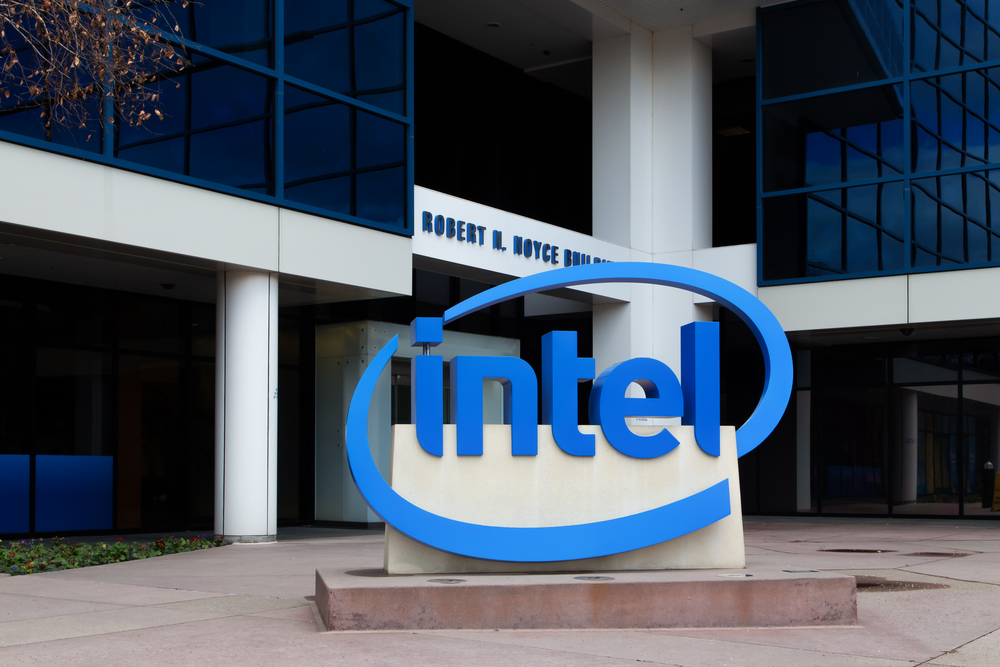

Intel appears to have admitted defeat in its efforts to secure a share of the smartphone processor market and will instead focus on the new post-PC strategy outlined by CEO Brian Krzanich last week.
The company is cancelling the production of its Broxton smartphone and tablet chip platform, which was set to be released later this year as the next phase of its mobile assault.
The cancellation, effective immediately, signals the end to Intel’s five-year effort to challenge the ARM-designed processors built by market leader Qualcomm and Samsung.
Despite investing billions of dollars into R&D and production, Intel was never able to compete with the power-efficient processors built by ARM manufacturers, which have long-standing relationships with many of the leading smartphone makers.
Intel’s Atom chip enjoyed its most noted success with Asus, particularly in its ZenFone 2 hybrid device, but the company was ultimately only really able to break through with a number of low-cost manufacturers. Atom chips also powered the Orange San Diego (pictured left)
Intel said that the decision to cancel Broxton and the SoFIA range of products came as it “re-evaluated projects” to better align to its new strategy.
“Intel is accelerating its transformation from a PC company to one that powers the cloud and billions of smart, connected computing devices,” a company statement issued to Anandtech.
“Our connectivity strategy includes increased investment in wired and wireless communications technology for connecting all things, devices and people to the cloud, and to power the communications infrastructure behind it.”
The company will now be moving resources that were dedicated to their areas across to other products that can “deliver higher returns and advance our strategy” as it seeks to reduce its dependency on a struggling PC market.
Intel has had a tumultuous few months, despite recording revenues of $7.5 billion (£5.22bn) in the most recent quarter.
Last month, the company revealed it would be cutting 12,000 jobs, or 11 percent of its total workforce, as it looks to focus more on cloud and IoT projects – although this restructuring is set to cost it around $1.2 billionn (£830m).
Looking to allay fears, Intel CEO Brian Krzanich spoke last week about his plans for the company’s future, re-asserting that cloud and IoT would be major focuses going forward.
Do you know all about Intel? Take our quiz!
Apple fined 150m euros over App Tracking Transparency feature that it says abuses Apple's market…
OpenAI to release customisable open-weight model in coming months as it faces pressure from open-source…
Samsung's Bespoke AI-powered fridge monitors food to create shopping lists, displays TikTok videos, locates misplaced…
Huawei sees 38 percent jump in consumer revenues as its smartphone comeback continues to gather…
In world-first, China approves commercial flights for EHang autonomous passenger drone, paving way for imminent…
Microsoft closes down IoT and AI lab it operated in Shanghai tech district in latest…